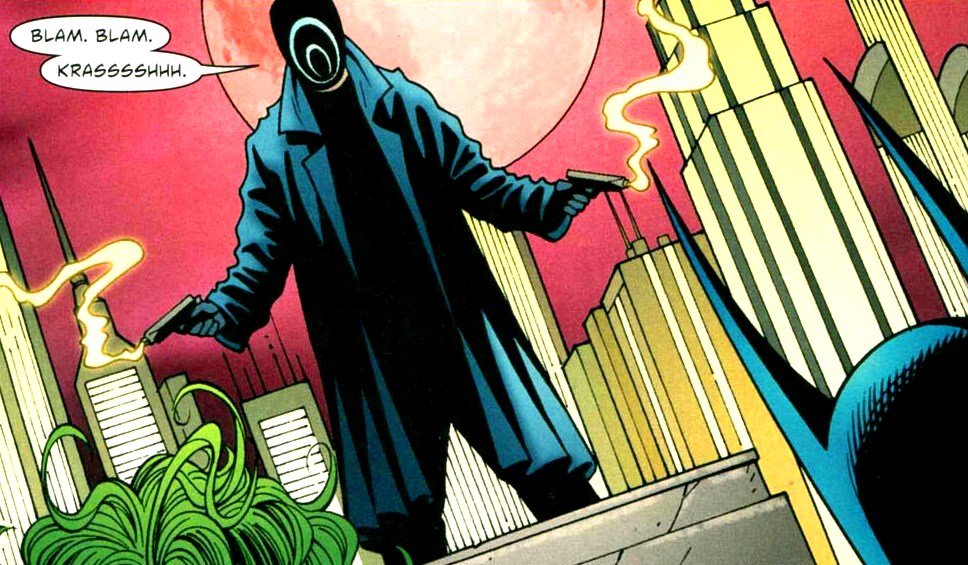
Historically, ho’oponopono was a kind of shared reconciliation mantra for divided families, also known as Ohana. When done correctly, it is one of the most freeing sensations there is– like an invisible weight has been lifted. True forgiveness, moreover, requires both attention and intention. Then, when we are ready, we make the conscious choice to move on. Instead, by first acknowledging the wrongdoing, ho’oponopono allows all parties to sit with and hold space for these feelings.įirst, we acknowledge that the problem exists. On the contrary, true forgiveness doesn’t mean forgetting. Image: Molly Beauchemin Understanding True Forgiveness This is ultimately futile because it ignores hurt feelings, which inevitably bubble back up later if they are not addressed. Most people, when attempting to forgive either others or themselves, make the mistake of thinking that forgiveness = total absolution, or an erasing of the wrongdoing. In the final step, you acknowledge love– both for yourself, and others. Only then will it be possible to find it in your heart to forgive someone else, or yourself. Having other people acknowledge our feelings is a universal need in ho’oponopono, you must first acknowledge that wrongdoing exists, which is a way of acknowledging these feelings. Part of the reason why this traditional Hawaiian forgiveness ritual is so powerful is that it first requires you to acknowledge that wrong was done by saying you’re sorry. In this way, it’s both a lullaby to the self and a guaranteed insightful way to approach forgiving other people. With regular practice, reciting these four simple phrases helps develop self-love and self-esteem at the times when we need it most. And isn’t that something we all need to hear? “I’m sorry, Please forgive me, Thank you, I love you.” It’s very touching, especially given how simple and universal these words are. “I’m sorry, Please forgive me, Thank you, I love you.”

To “cleanse” yourself of bad feelings, chant the following mantra repeatedly while sitting with your eyes closed, as a kind of meditation. *** Image: Molly Beauchemin “I’m Sorry, Please forgive me, Thank you, I Love You”

To try it out for yourself, follow along with the practice, below. (In native Hawaiian language, “pono” means balance, in the sense of “life.” When things are in balance, nothing is off, so to speak.)Īccordingly, chanting this phrase over and over is a powerful way to cleanse the body of guilt, shame, haunting memories, ill will, or bad feelings that keep the mind fixated on negative thoughts.Īs a forgiveness practice, it is also deeply resonant, as it tends to penetrate our inner monologue over time. The word ho’oponopono roughly translates to “cause things to move back in balance” or to “make things right.” It’s a very zen-like concept. And, even more surprisingly, it’s super simple. In solo practice, it can also work sort of like a mantra for self-love. This ancient Hawaiian practice of forgiveness functions as both a communication concept for reconciliation and a tool for restoring self-love and balance. The beautiful Hawaiian teaching for Forgiveness is called “Ho’oponopono” (pronounced HO-oh-Po-no-Po-no), and it’s lovely. If (slot) slot.addService(googletag.People who struggle with the concept of forgiveness– both for themselves and for others– often find comfort in a deeply healing age-old practice that comes from Hawai’i. (function (a, d, o, r, i, c, u, p, w, m) New group exhibition celebrates feminist diversity, legacy and present - Israel Culture - The Jerusalem Post


 0 kommentar(er)
0 kommentar(er)
